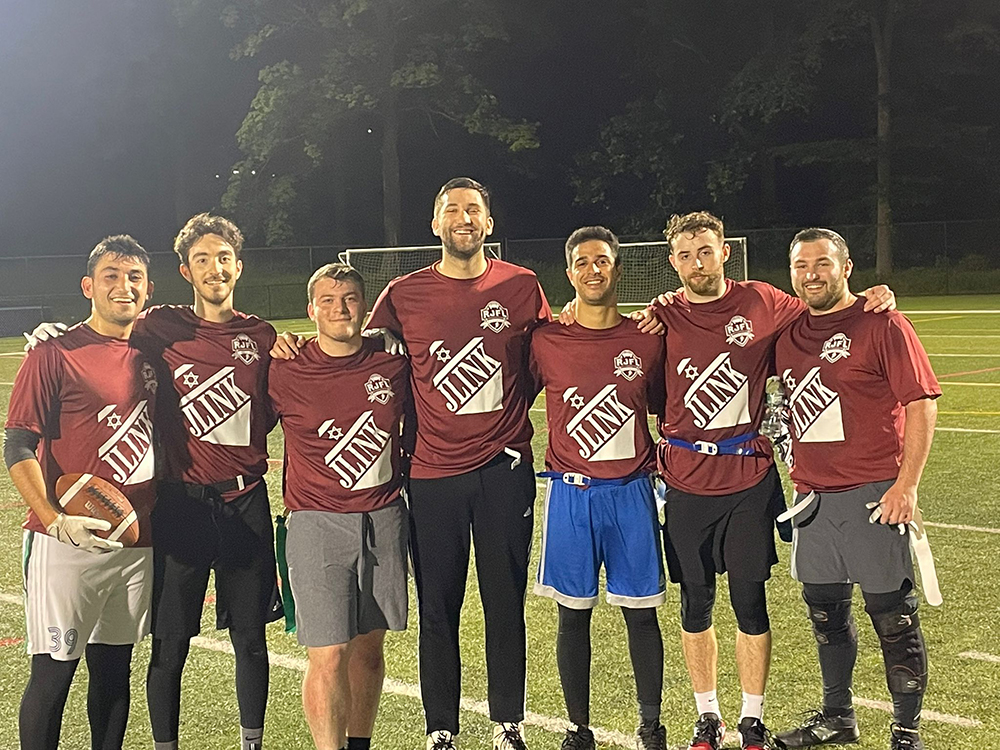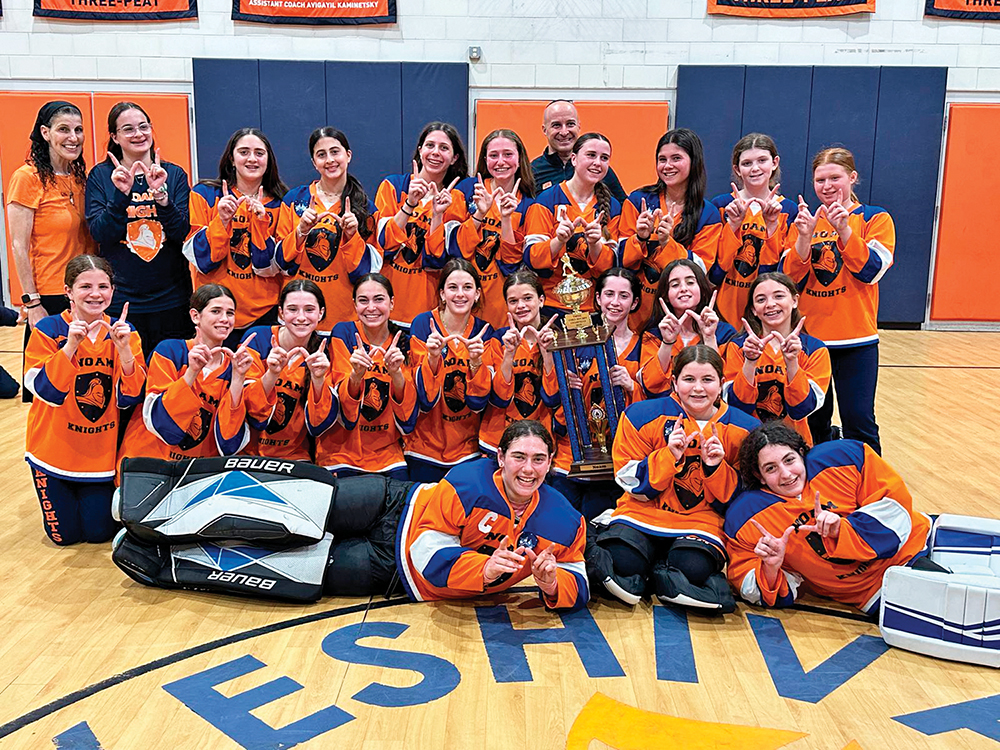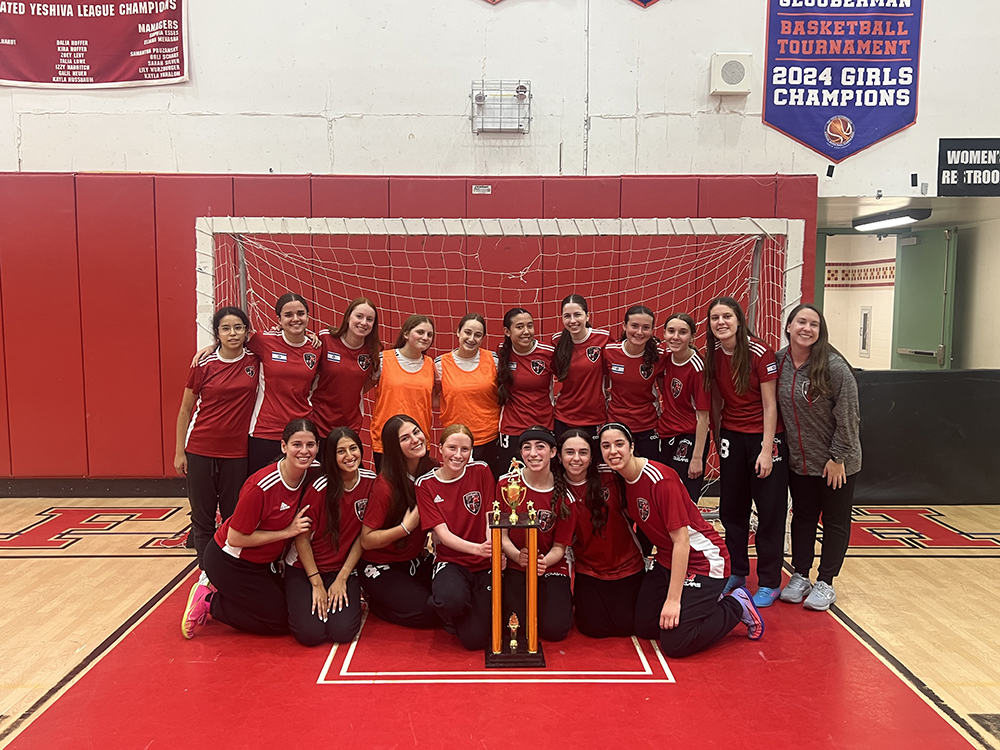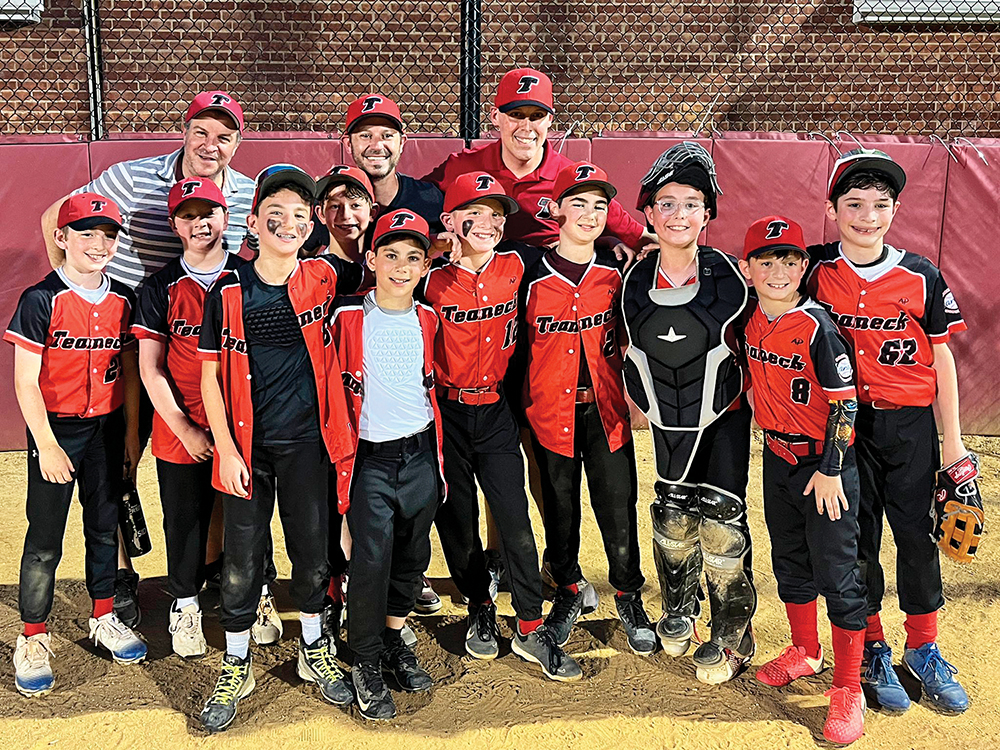Question: I learned that one should prioritize giving tzedaka to relatives over others. I give a nice amount of tzedaka, almost exclusively out of the family (which also has a few poor people), which I feel is more altruistic. Can you explain this halacha and give some halachic guidelines?
Answer: The Sifrei (R’ei 116) derives from the mention of “your brother,” in regard to tzedaka recipients (Devarim 15:11), that relatives have precedence over others, and the Shulchan Aruch (Yoreh Deah 251:3) accepts this. Relatives include at least those for whom one may not testify (first cousins) and perhaps beyond (see Tzedaka U’Mishpat 3:19). This preference is binding enough that a gabbai tzedaka can refuse to give funds to a poor person who has relatives capable of giving him tzedaka (Shulchan Aruch, Yoreh Deah 257:8).
Some say that all of the needs of relatives are to be taken care of, before moving onto others. However, the accepted approach is more balanced — relatives receive no more than half, especially when their needs are not as basic/extreme as other needy people (see ibid. 3:20).
Generally, the closer the relative, the higher they are on the list of recipients. However, two relationships enjoy a qualitatively higher tzedaka obligations than others. Although a child deserves repayment from his parents for kibbud av va’em expenses, if they do not have money and the child does, the child can be forced to support them (Shulchan Aruch, Yoreh Deah 240:5). Similarly, a father who is capable can be forced to support his children — even after the age of six (Shulchan Aruch, Even Haezer 71:1). Both of these payments are considered tzedaka and count toward one’s tzedaka obligations (Shulchan Aruch, Yoreh Deah 251:3). An indication that this is not a standard tzedaka obligation is that, according to the Chatam Sofer (Yoreh Deah 229), the limitation of tzedaka to no more than one fifth of one’s resources (Shulchan Aruch, Yoreh Deah 249:1) does not apply to supporting parents. Similarly, many fathers exceed a fifth of their resources on their children’s expenses.
Clearly, when one calculates his maaser (or a fifth — for those who want to give the maximum, optimal amount —ibid.), one does not have to count that money as tzedaka. He can view what he gives to parents and kids as a natural present or as given for his own purposes, not as tzedaka. Presumably, we can extend that… One can give his nephews, for example, nice presents without it being tzedaka, even if some of them are poor. It need not be tzedaka, if he gives a particularly expensive present to one nephew, even if he chose him because he is poor. Therefore, halacha does not require one who can afford it to detract from the tzedaka he would otherwise give to strangers, and this is a beautiful attitude that is altruistic regarding family and other needy people.
However, looking at family as only deserving of presents has a down side that concerned those interpreting the halacha. After all, there is a limit to how much a normal person will give a cousin or a nephew as a present, and it is unlikely to suffice to appropriately solve/alleviate serious shortfalls. Therefore, it is important according to the Torah’s outlook, for one to make his relatives the foremost recipients of his planned tzedaka funds. We have explained (Living the Halachic Process, I, K-5) that the mitzvot puts more focus on what is incumbent upon a person, than on what is impressive.
Why do many have trouble keeping this halachic preference of relatives, which seems common for certain “bigger” chasadim (up to and including organ donation)?
Here are some suggestions:
1. Giving to relatives, with whom one wants to interact as peers, raises sensitivities (such as embarrassment, since then the donor looks superior to the recipient);
2. Once one starts giving, it is hard to know how the giving will progress and whether he can then refuse.
3. The relative often does not ask, whereas others do (this is not a halachically valid distinction when one knows about the need (Ahavat Chesed I, 5:8)). Overcoming such complications makes giving significantly to relatives not only correct, but plenty altruistic.
Rabbi Mann is a dayan for Eretz Hemdah and a staff member of Yeshiva University’s Gruss Kollel in Israel. He is a senior member of the Eretz Hemdah responder staff, editor of Hemdat Yamim and the author of “Living the Halachic Process Volumes 1 and 2” and “A Glimpse of Greatness.”
By Rabbi Daniel Mann/Eretz Hemdah














